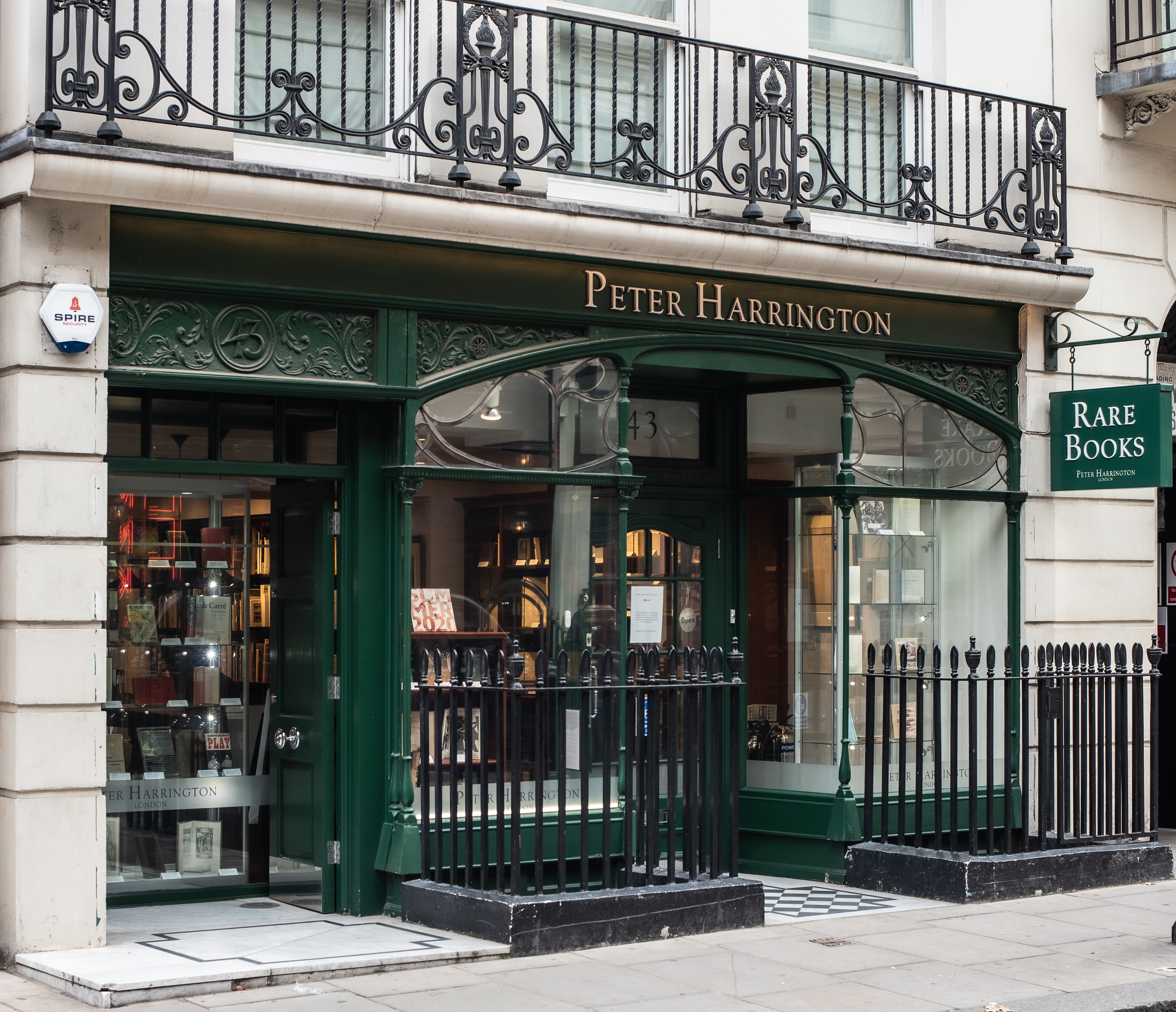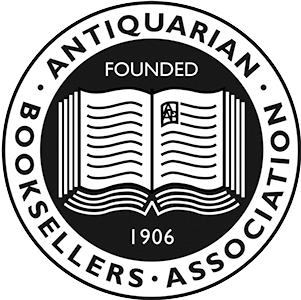[London:] Printed for the Editor; and sold by T. Beckett and P. A. Dehondt,, 1761. A masterpiece of lucid exposition Rare first edition of The Philological Miscellany, all published, containing the first appearance in print of Adam Smith's "Considerations concerning the first formation of Languages, and the different genius of original and compounded Languages" (pp. 440-79), originally part of Smith's University Lectures on Rhetoric. The "Considerations" was a work of which Smith was, according to Dugald Stewart, proud: "It is an essay of great ingenuity, and on which the author himself set a high value." According to the editor of the Glasgow edition of Smith's works "it is a masterpiece of lucid exposition which any summary can only blur. Stewart's comments (Account of the Life and Writings of Adam Smith II. 44-56) are the most perceptive ever made on it. He saw that its value lies, not in the possible accuracy of the opinions, but in its being a specimen of an entirely modern kind of inquiry 'which seems, in a peculiar degree, to have interested Mr Smith's curiosity'" (Introduction to the Lectures on Rhetoric and Belles Lettres). "There is a footnote to the story of Smith's labours in perfecting an original and provocative system of morals. In 1761 he had published an extended version of his lecture on the origins of language in a little-known and short-lived review called The Philological Miscellany under the title 'Considerations Concerning the First Formation of Languages'. One can see why he wanted to do so. His theory of morals and the elaborate discussion of the process of sympathetic exchange on which it was based had presupposed the theory of language on which his theory of rhetoric was based. The theory of language he had presented to his Edinburgh and Glasgow students had been designed to show that language was essentially a vehicle for communication which had a history that was probably as old as civilization. Not only was this a subject of obvious relevance to an understanding of the workings of sympathy, it was also a means of addressing Rousseau's objection that 'not even our new grammarians' (he has Condillac in mind) could convince him that all the complexities of modern grammar could be explained in naturalistic terms. Smith disagreed. His expanded account of the theory of language was designed to show how this could be achieved by using a proper, Humean theory of the imagination. It completed his critique of Rousseau's theory of sociability and was reprinted in the third edition of The Theory of Moral Sentiments of 1763 [recte 1767] and in every subsequent edition published in his lifetime." (Phillipson, pp. 165-6). The Philological Miscellany was probably edited by William Rose of Kew, editor of The Historical Miscellany (published by Cadell), The Moral Miscellany, and The Poetical Miscellany (the latter two published by Beckett and Dehondt). Rose conducted a school at Kew and later at Chiswick. He was one of Millar's literary advisers, and Strahan and Cadell were his executors (see DNB). Smith is linked to Rose in his correspondence: in a letter to Strahan in December 1760, Smith wrote: "Remember me to Rose. Tell him I have not forgot what I promised him but have been excessively hurried. My delay, I hope, will occasion him no inconveniency: if it does I shall be excessively concerned and shall order some papers I left in England to be given to him. They are not what I would wish them, but I had rather lose a little reputation with the public as let him suffer by my negligence" (Correspondence, 54). These papers no doubt comprised the Considerations. Octavo (200 x 125 mm). Contemporary sprinkled calf, rebacked preserving the original spine with five raised bands, compartments ruled and decorated in gilt, red morocco label, red sprinkled edges. Engraved armorial bookplate of Edward Blackett, Bart., MP for Northumberland 1768-74. Rebacked with the original spine carefully laid down, first few leaves with wormtrack repaired, ink spot to one opening, page 348 misnumbered 648, two leaves with marginal chip, one with a frayed and soiled lower margin, another with the upper margin renewed; a few light spots, generally a clean copy in an attractive contemporary binding. Not listed in Tribe or Vanderblue; ESTC and WorldCat together locate 14 copies, to which we can add one in a private American library. See Ross, Life of Adam Smith, 2010, pp. 1878 and Phillipson, Adam Smith, An Enlightened Life, 2010, p. 165f.














